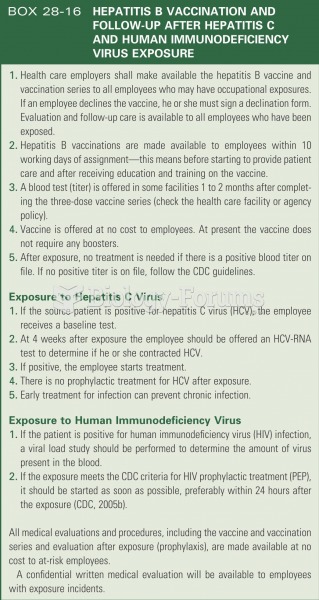Answer to Question 1
Answer: This case illustrates poor communication between a superior and a subordinate. The following statements violated the following principles of supportive communication:
First statement, by Ron: Tends to be evaluative, will cause defensiveness from the outset. Owns rather than disowns feedback.
Second statement, by Mike: Indicates defensiveness; person oriented; confrontative
approach will produce mutual defensiveness.
Third statement, by Ron: Attempts being problem oriented, validating, and descriptive.
Fourth statement, by Mike: Still person oriented, not problem oriented; global, not specific; nonsupportive listening.
Fifth statement, by Ron: Evaluative rather than descriptive; advising rather than asking for alternatives; implied accusations; nonspecific.
Sixth statement, by Mike: Still defensive; still nonspecific; avoids discussing problem definition or problem solutions.
This case violated nearly every principle of supportive communication. Instead of beginning the conversation with an attitude of joint problem solving, Ron was immediately evaluative and put Mike on the defensive. Mike in turn, never did accept the legitimacy of the meeting and refused to collaborate with Ron in solving the problems.
The interaction could have been more productive if Ron had begun with some validating statements (e.g., compliments, description of successes) to reduce Mike's defensiveness and had relied primarily on descriptive statements rather than evaluative statements. All the burden for change should not necessarily rest with Mike. Ron may need to alter some expectations as well.
Interpersonal hostility almost always takes precedence over task-related issues. Because Mike feels so defensive around Ron, it is unlikely that the task-related problems will be resolved satisfactorily. Therefore, the priority problem is getting Ron and Mike to agree to work to solve the other problems together. This requires attention to the interpersonal relationship first. That is, subsequent discussions should focus on improving the communication process before resuming communication about content issues.
Answer to Question 2
Answer: This case illustrates poor communication between a superior and a subordinate. The following statements violated the following principles of supportive communication:
First statement, by Ron: Tends to be evaluative, will cause defensiveness from the outset. Owns rather than disowns feedback.
Second statement, by Mike: Indicates defensiveness; person oriented; confrontative
approach will produce mutual defensiveness.
Third statement, by Ron: Attempts being problem oriented, validating, and descriptive.
Fourth statement, by Mike: Still person oriented, not problem oriented; global, not specific; nonsupportive listening.
Fifth statement, by Ron: Evaluative rather than descriptive; advising rather than asking for alternatives; implied accusations; nonspecific.
Sixth statement, by Mike: Still defensive; still nonspecific; avoids discussing problem definition or problem solutions.
This case violated nearly every principle of supportive communication. (Students might choose any of the eight principles as most violated; the instructor should evaluate the extent to which they support their arguments). Instead of beginning the conversation with an attitude of joint problem solving, Ron was immediately evaluative and put Mike on the defensive. Mike in turn, never did accept the legitimacy of the meeting and refused to collaborate with Ron in solving the problems.
The interaction could have been more productive if Ron had begun with some validating statements (e.g., compliments, description of successes) to reduce Mike's defensiveness and had relied primarily on descriptive statements rather than evaluative statements. All the burden for change should not necessarily rest with Mike. Ron may need to alter some expectations as well.
Interpersonal hostility almost always takes precedence over task-related issues. Because Mike feels so defensive around Ron, it is unlikely that the task-related problems will be resolved satisfactorily. Therefore, the priority problem is getting Ron and Mike to agree to work to solve the other problems together. This requires attention to the interpersonal relationship first. That is, subsequent discussions should focus on improving the communication process before resuming communication about content issues.







